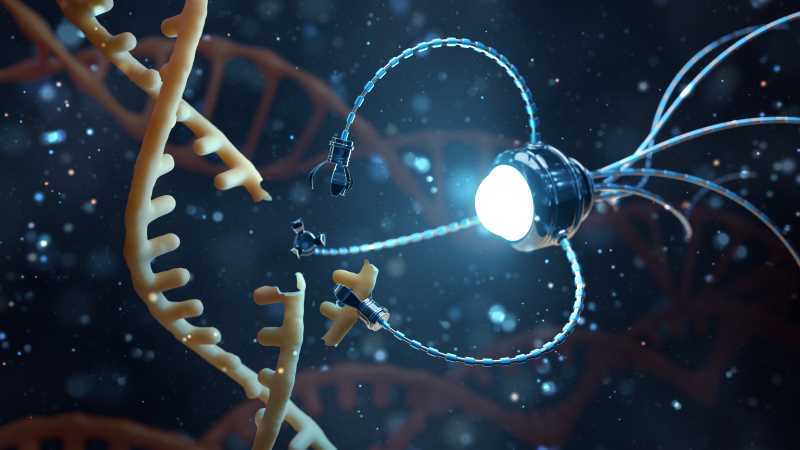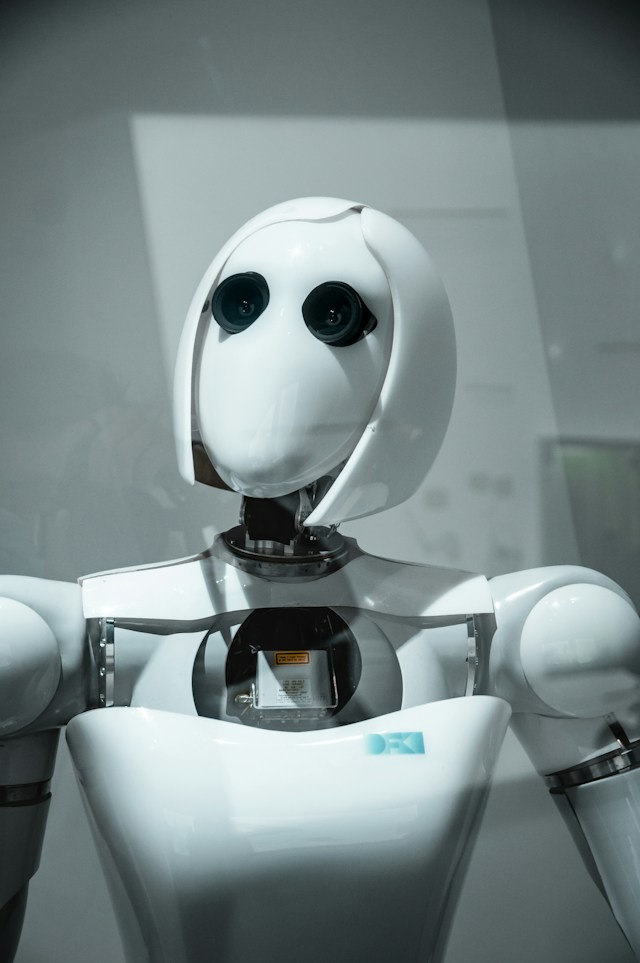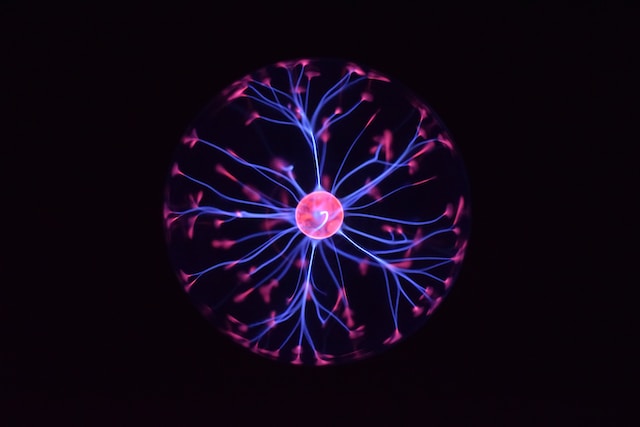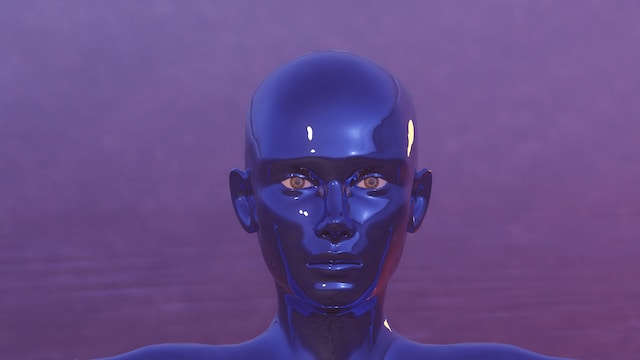Some futurists believe that within the next 30 years, tiny nanorobots will become part of our organism. They will monitor your body 24/7, looking for any threats to our health to help you stay healthy and live as long as possible. Another expected bonus might be that they would also be able to transmit your thoughts to a wireless cloud and thus create a kind of backup of ourselves. This sounds amazing, doesn’t it?
What is Nanotechnology?
Nanotechnology is a combination of engineering and science that explores matter at the nanoscale, namely in dimensions between approximately 1 and 100 nanometers. For comparison we’re talking about one nanometer is roughly equivalent to 10 times the size of an atom and it’s also 10 times smaller than the width of the DNA.
Nanotechnology is not something really new. The Nobel laureate Richard Feynman is considered the “father” of this field. In 1959, at a meeting of the American Physical Society at Caltech, a group of physicists took an interest in his talk titled “There’s plenty of room at the bottom.” He described a theoretical process that would allow researchers to manipulate singular atoms or singular molecules. Modern nanotechnology really began in 1981, moving from theory to practice, when the scanning tunneling microscope allowed scientists and engineers to see individual atoms and actually manipulate them.
Nanobots and Living Organisms
Recently, a group of researchers from ITMO University described the concept of a completely new “drug” against cancer: nanorobots made of DNA fragments that should search for cancer cells in the organism and destroy it. This is not just a theory at the moment, it’s already happening according to IFL Science. This procedure involving DNA robots is already being tested on animals.
The technology is the equivalent of the body’s natural defense system. The programmed DNA robots can travel through the bloodstream and inject clotting drugs into the blood vessels around the tumors, thereby cutting off their blood supply. DNA is a natural biocompatible and biodegradable material, so the devices are designed not to provoke an immune response.
“When I was a kid, I remember looking in a microscope, and seeing all this crazy stuff going on. Now we’re building stuff that’s active at that size. We don’t just have to watch this world. You can actually play in it.”
– Marc Miskin for EurekAlert
The Future of Nanobots
Scientists still face a lot of very real challenges, but it is already clear that the next breakthrough will be in the use of this technology in humans, which does not seem so unrealistic anymore. Another possibility that will be opened up to us with the use of nanobots (and this is probably the most unrealistic idea for now), is transferring our thoughts to a wireless cloud. Of course, before this becomes a reality, it will require solving many problems in both neuroscience and nanorobotics, as well as the issues with the views of modern society on the idea of providing direct access to the brain.
Author, futurist and Google director of engineering Ray Kurzweil has repeatedly stated that already in 2040, or at most in 2050, everyone might have a chance at immortality. Given the accelerating progress of nanotechnology, it is already clear that very soon people will be able to benefit from even closer cooperation between man and machine. Modern technologies allow nanobots to be injected into our organism and flow through the streams of human bloodAccording to Ray, in the future it will be possible to even completely replace biological blood.
“It’s a radical life extension. The full realization of nanobots will basically eliminate biological disease and aging. … The nanobots will scout out organs and cells that need repairs and simply fix them. It will lead to profound extensions of our health and longevity.”
– Ray Kurzweil for Computerworld














